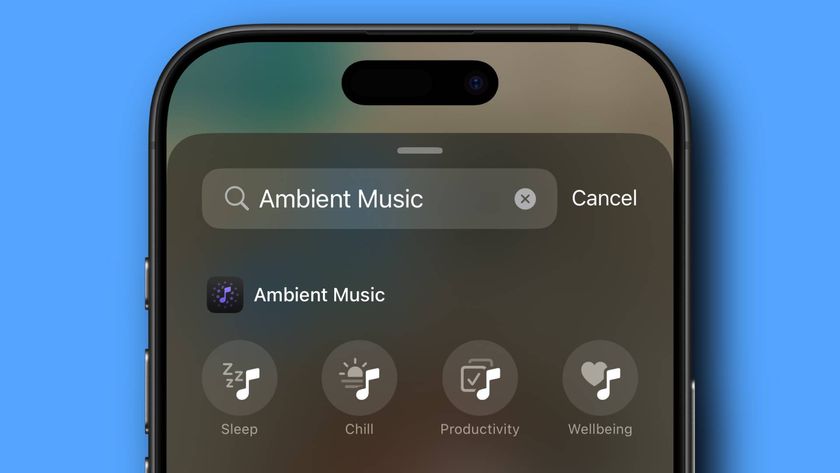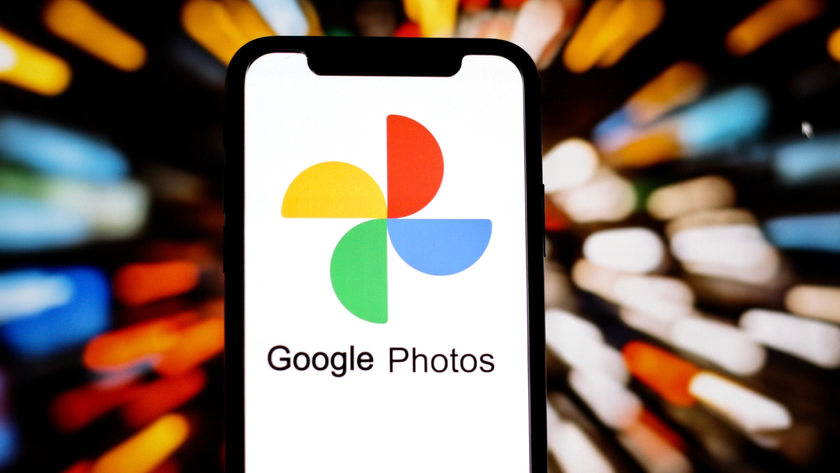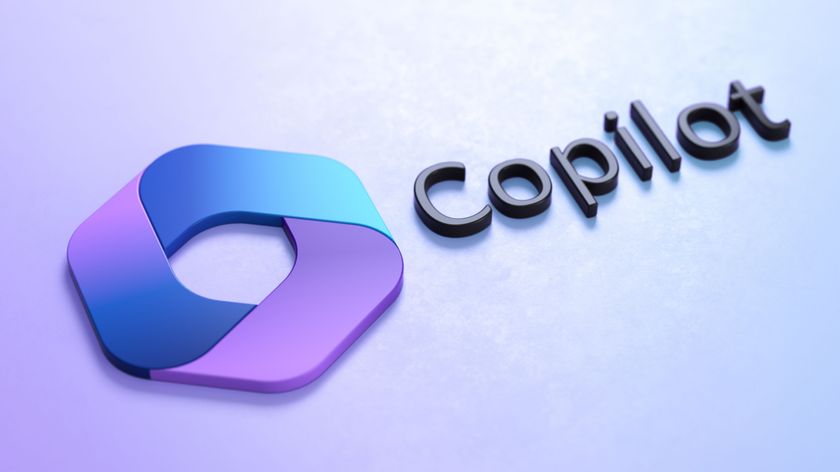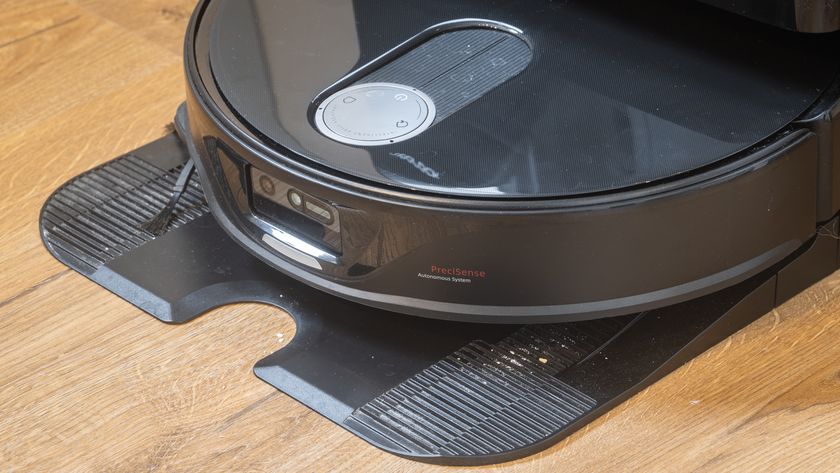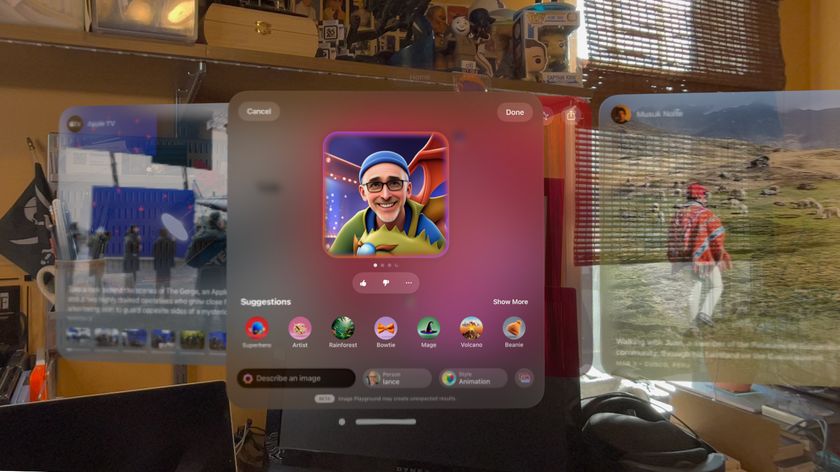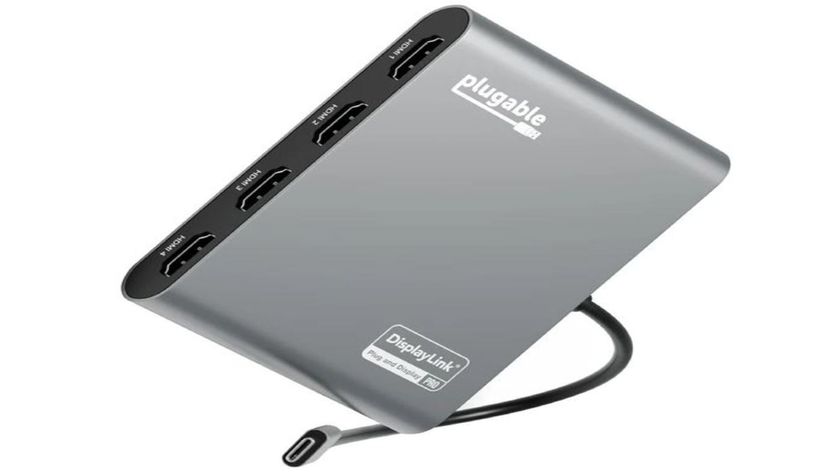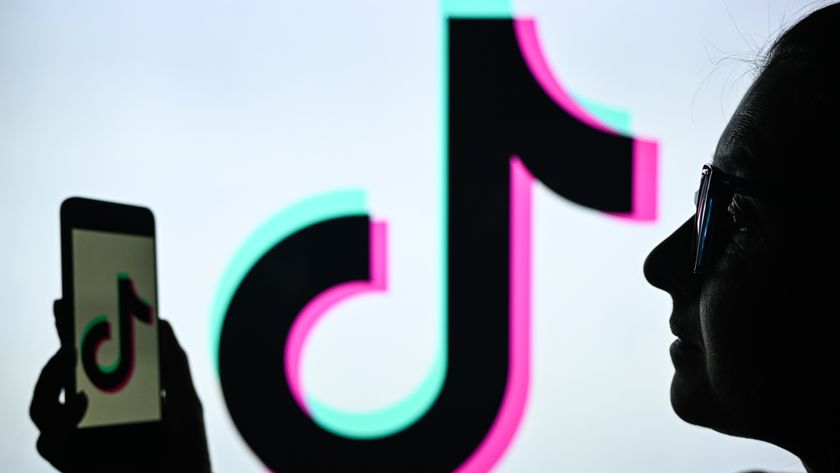Why you still can't pay with your smartphone to travel the tube
The technology is here, it just isn't being used yet
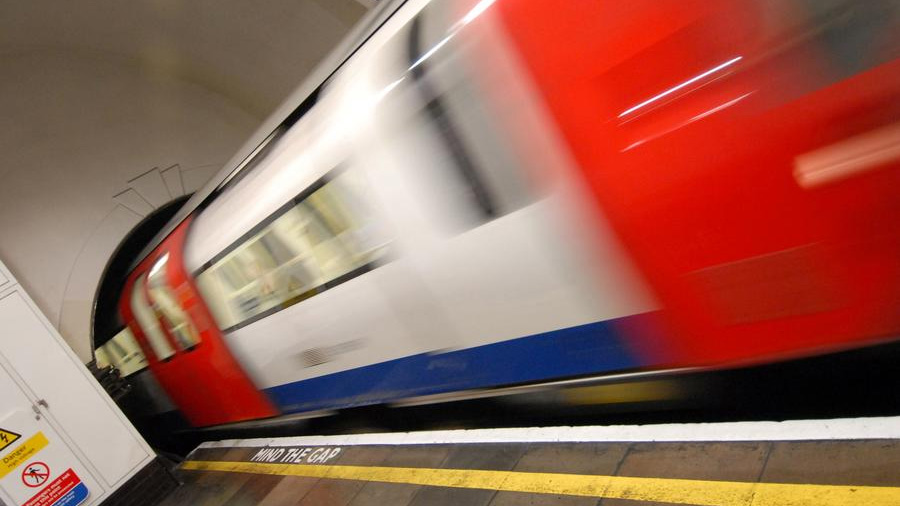
Using a paper ticket on public transport is so last century. With the introduction of the Oyster card, and more recently NFC-enabled bank cards, our ways of paying for travel are fast becoming contactless.
In fact over 85% of travellers on Transport for London's (TfL) services use an Oyster card, so we're already a society which is used to ditching the traditional ticket.
You can already use your phone to pay in the likes of McDonalds and Pret - there are over 300,000 stores now offering the technology - but the transport firms are lagging behind.
But we've been asking the same question for years: if NFC-enabled phones can be used for payments, why are they not now commonplace for use on our contactless-ready transport network?
Cities in Japan, South Korea and Hong Kong already support contactless mobile payments for metro, rail, bus, ferry, coach and tram journeys, and these transport networks are actually busier than London's.
This follows on from the slow-to-market 4G network that only really got going towards the end of 2013, and with the country's busiest city not yet on board with contactless mobile payments we're left wondering what the hold up is.
Popularity surrounding contactless payments is on the rise, with Visa telling us that contactless purchases grew to 94.3 million in the UK in 2013 and cards carrying the technology increased in number by 125% in the same period, so the necessary elements are quickly becoming commonplace.
Get daily insight, inspiration and deals in your inbox
Sign up for breaking news, reviews, opinion, top tech deals, and more.
Technical physicality
TfL hasn't just woken up to contactless technology though, it's actually been working on it for a while, and it appears the hold-up is with those providing the payments, rather than the technology.
"TfL has been working hard to introduce contactless for a few years, which has required us to work with the card payments industry to develop a new transaction model specifically for the transit environment which hasn't been simple," a TfL spokesperson revealed.
Shashi Verma, TfL's Director of Customer Experience told us that the recent work on the network has made contactless mobile payments technically possible, and it's "continuing to modernise our transport services and make it easier for customers to do business with us."
While mobile phone payments may now be technically possible, it hasn't been physically implemented just yet. Even the NFC-enabled bank cards are only working on buses for now, but the functionality will be extended to the tube later this year.
There are concerns about the speed of transactions via mobile payments which is putting a spanner in the works of its implementation on TfL services.
"Customers expect TfL's fare collection system to be easy to use," Verma told us. "With the intensity of London's transport services it is essential that the fare collection system does not cause congestion at gates and when boarding buses.
"The speed with which a card can be read is critical to ensuring this capacity. If mobile phones with contactless applications can achieve similar transaction speeds we would welcome their use on our system."
So with upgrades coming online that should see London match its international rivals, the path should be clear for using smartphones to navigate the capital soon.
Much safer than cash
As well as transaction speed, there are also concerns surrounding the security aspect of contactless which puts some people off trying the service - although once you've tried it you're likely to use it again.
The Visa spokesperson said "Our research tells us that consumers love contactless technologies once they have the chance to try them."
That love for contactless can easily be extended if it comes to our public transport networks, as it will make it available to a huge number of people on a daily basis - at least twice a day with the commute to and from work.

TechRadar's former Global Managing Editor, John has been a technology journalist for more than a decade, and over the years has built up a vast knowledge of the tech industry. He’s interviewed CEOs from some of the world’s biggest tech firms, visited their HQs, and appeared on live TV and radio, including Sky News, BBC News, BBC World News, Al Jazeera, LBC, and BBC Radio 4.
